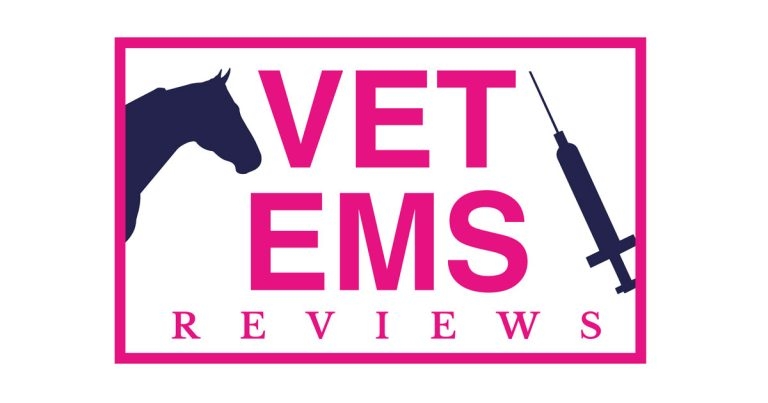11 Jan 2023
Students and practices are being encouraged to get involved in a new scheme that aims to make access to practices easier during degree programmes.

A vet student is encouraging both practices and his contemporaries to contribute to a new online database of EMS placement reviews.
Connor Fettes has been developing the site – vetemsreviews.com – over several months alongside working on his own veterinary degree.
He believes the project can make it easier for students to access placements, but wants reviewers to focus on what they gain from their experience, rather than whether it was generally good or bad.
Mr Fettes said: “We want to get the most out of it. It’s for our education and development.”
Students can submit reviews by becoming members of the site, with all submissions being moderated before they appear online.
Mr Fettes, who is in the third year of his own course, said practices can add themselves to the database, as well as be removed on request.
The site also includes an interactive map, which he believes could be vital in helping reduce the costs faced by students by enabling them to find local placements where they need to.
He said: “It allows you to put your location in, and then search for small animal or farm.”
Mr Fettes also praised the work of Karen Gardiner, who has developed a database of Scottish practices willing to welcome young people on work experience, following her appeal in Vet Times for more sites to get involved last year.
He said: “When you’re applying to vet school, it’s very hard to see practice.”
The project has been outlined amid growing scrutiny of the present EMS system, as debates held both before and after the RCVS published reform proposals in the autumn indicated widespread dissatisfaction with the current arrangements for organising placements.
The college is proposing 10 weeks’ animal handling work, down from the present standard of 12, and 20 weeks of clinical placements, reduced from the current level of 26.
The college said those requirements, which it wants to implement from the autumn of 2024 – subject to successful piloting and the development of its own placement database – would make the system more flexible, accessible and affordable for students.
A spokesperson confirmed the college had held discussions with Mr Fettes about his project, and is liaising with interested vet schools and EMS providers about the pilot scheme, which it aims to begin this October.
He added: “In terms of the timeline for the RCVS database, we held focus groups before Christmas to get further EMS provider feedback on the specification and we are now finalising the plans so that the developers can start on the build.”
But BVA president Malcolm Morley said greater clarity was still needed on how the pilot would work.
He said: “What we’re yet to see is what that trial (of quality assurance) involves.”